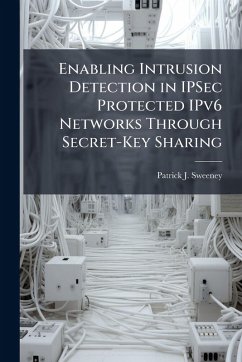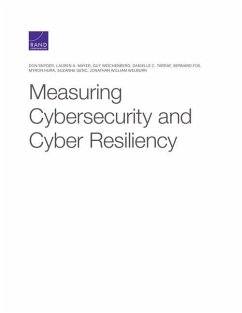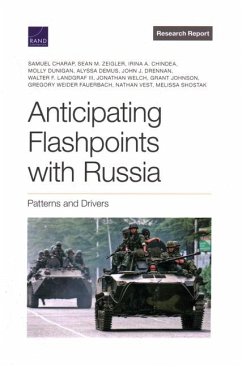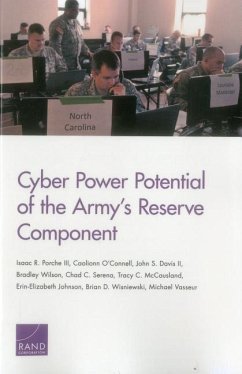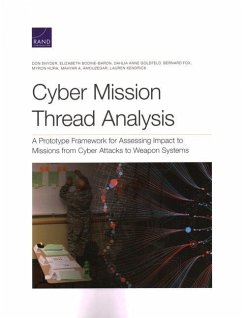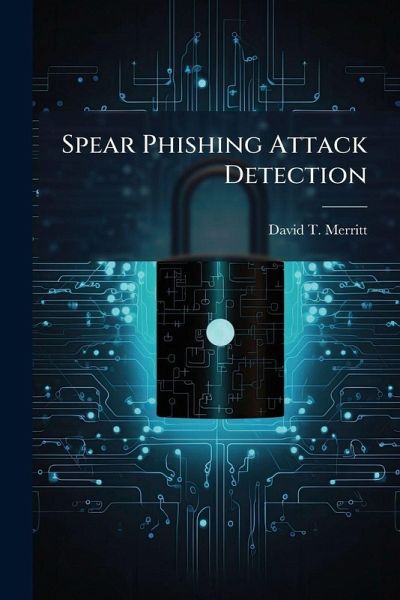
Spear Phishing Attack Detection
Versandkostenfrei!
Versandfertig in über 4 Wochen
17,99 €
inkl. MwSt.
Weitere Ausgaben:

PAYBACK Punkte
9 °P sammeln!
This thesis addresses the problem of identifying email spear phishing attacks, which are indicative of cyber espionage. Spear phishing consists of targeted emails sent to entice a victim to open a malicious file attachment or click on a malicious link that leads to a compromise of their computer. Current detection methods fail to detect emails of this kind consistently. The SPEar phishing Attack Detection system (SPEAD) is developed to analyze all incoming emails on a network for the presence of spear phishing attacks. SPEAD analyzes the following file types: Windows Portable Executable and Co...
This thesis addresses the problem of identifying email spear phishing attacks, which are indicative of cyber espionage. Spear phishing consists of targeted emails sent to entice a victim to open a malicious file attachment or click on a malicious link that leads to a compromise of their computer. Current detection methods fail to detect emails of this kind consistently. The SPEar phishing Attack Detection system (SPEAD) is developed to analyze all incoming emails on a network for the presence of spear phishing attacks. SPEAD analyzes the following file types: Windows Portable Executable and Common Object File Format (PE/COFF), Adobe Reader, and Microsoft Excel, Word, and PowerPoint. SPEAD's malware detection accuracy is compared against five commercially-available email anti-virus solutions. Finally, this research quantifies the time required to perform this detection with email traffic loads emulating an Air Force base network. Results show that SPEAD outperforms the anti-virus products in PE/COFF malware detection with an overall accuracy of 99.68% and an accuracy of 98.2% where new malware is involved. Additionally, SPEAD is comparable to the anti-virus products when it comes to the detection of new Adobe Reader malware with a rate of 88.79%. Ultimately, SPEAD demonstrates a strong tendency to focus its detection on new malware, which is a rare and desirable trait. Finally, after less than 4 minutes of sustained maximum email throughput, SPEAD's non-optimized configuration exhibits one-hour delays in processing files and links. This work has been selected by scholars as being culturally important, and is part of the knowledge base of civilization as we know it. This work was reproduced from the original artifact, and remains as true to the original work as possible. Therefore, you will see the original copyright references, library stamps (as most of these works have been housed in our most important libraries around the world), and other notations in the work. This work is in the public domain in the United States of America, and possibly other nations. Within the United States, you may freely copy and distribute this work, as no entity (individual or corporate) has a copyright on the body of the work. As a reproduction of a historical artifact, this work may contain missing or blurred pages, poor pictures, errant marks, etc. Scholars believe, and we concur, that this work is important enough to be preserved, reproduced, and made generally available to the public. We appreciate your support of the preservation process, and thank you for being an important part of keeping this knowledge alive and relevant.




